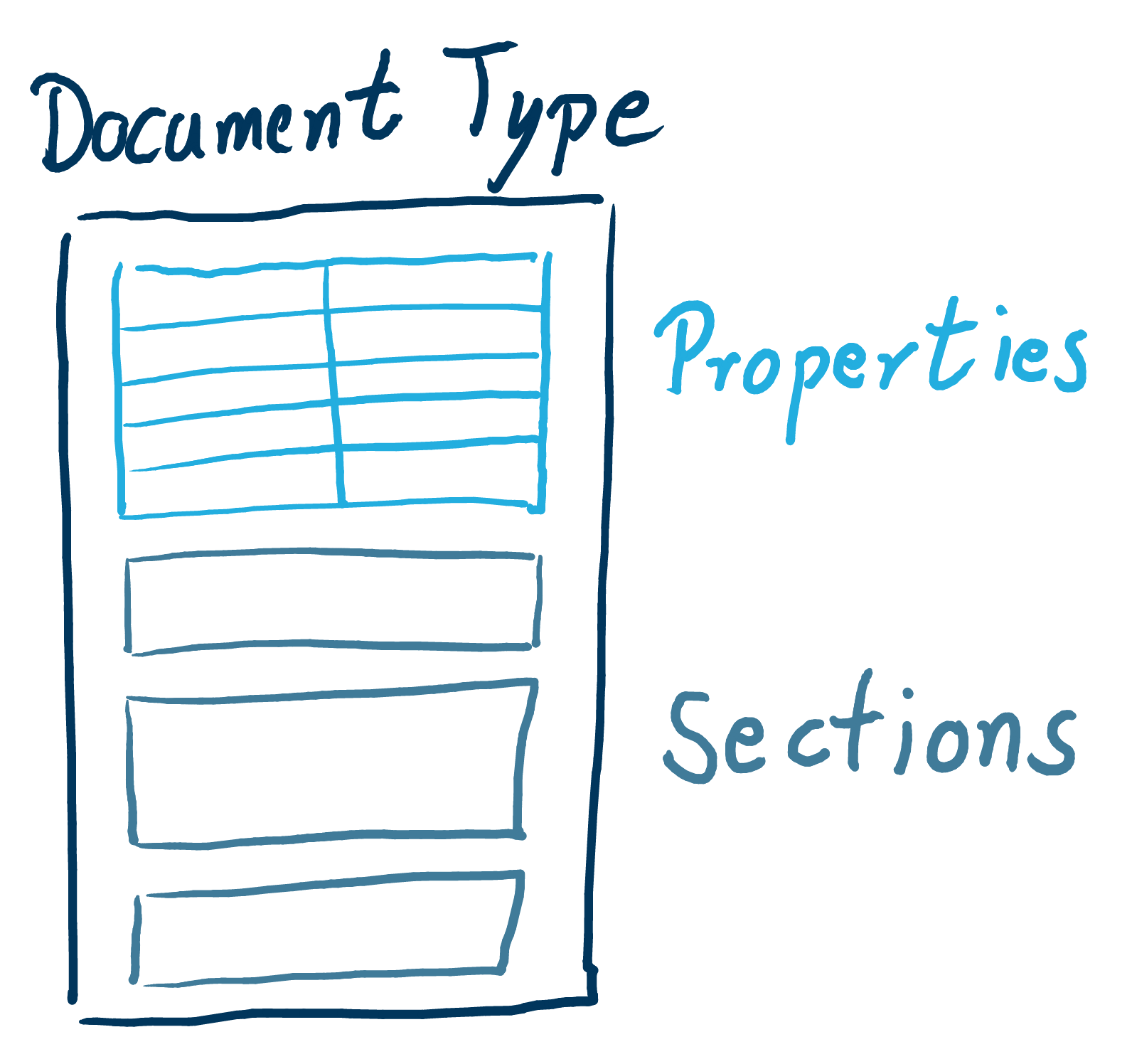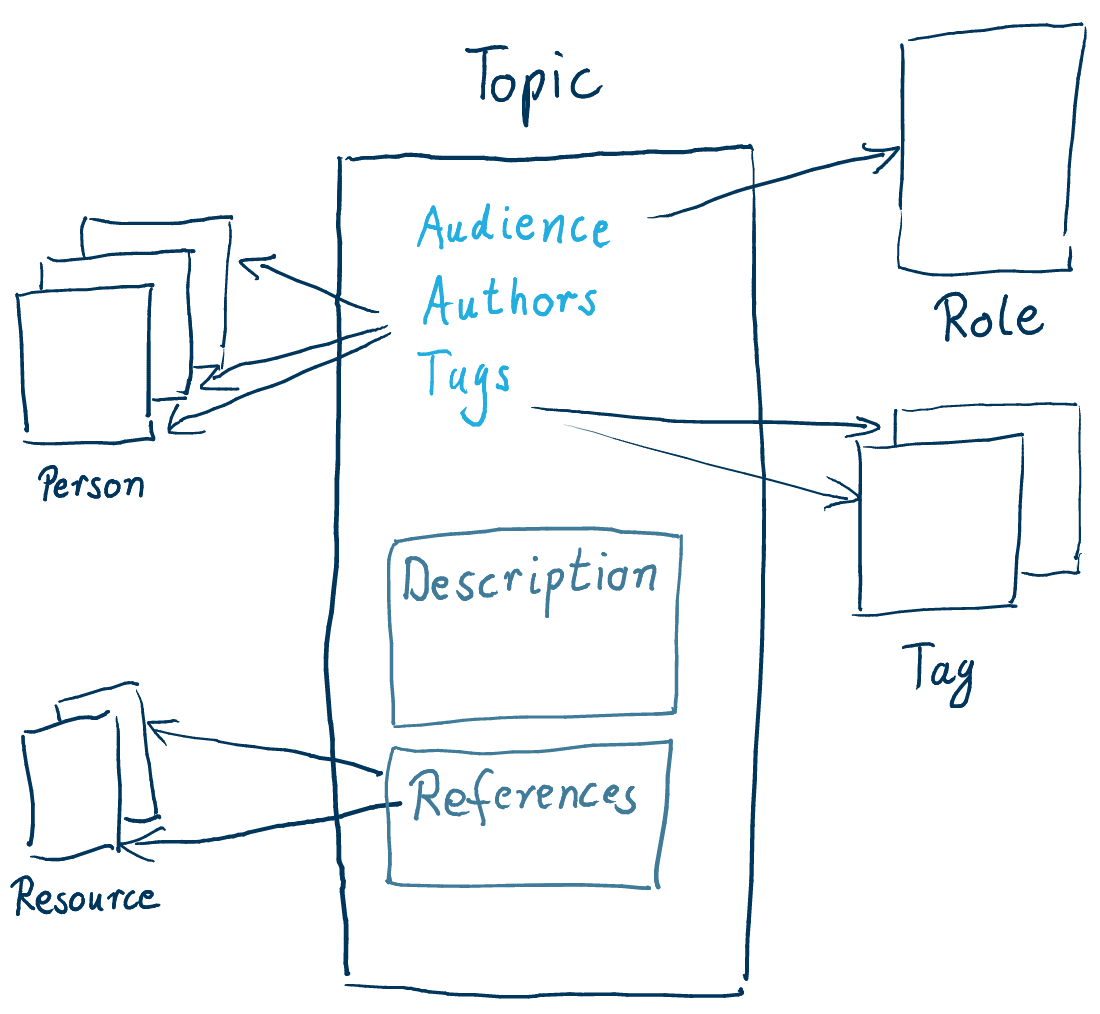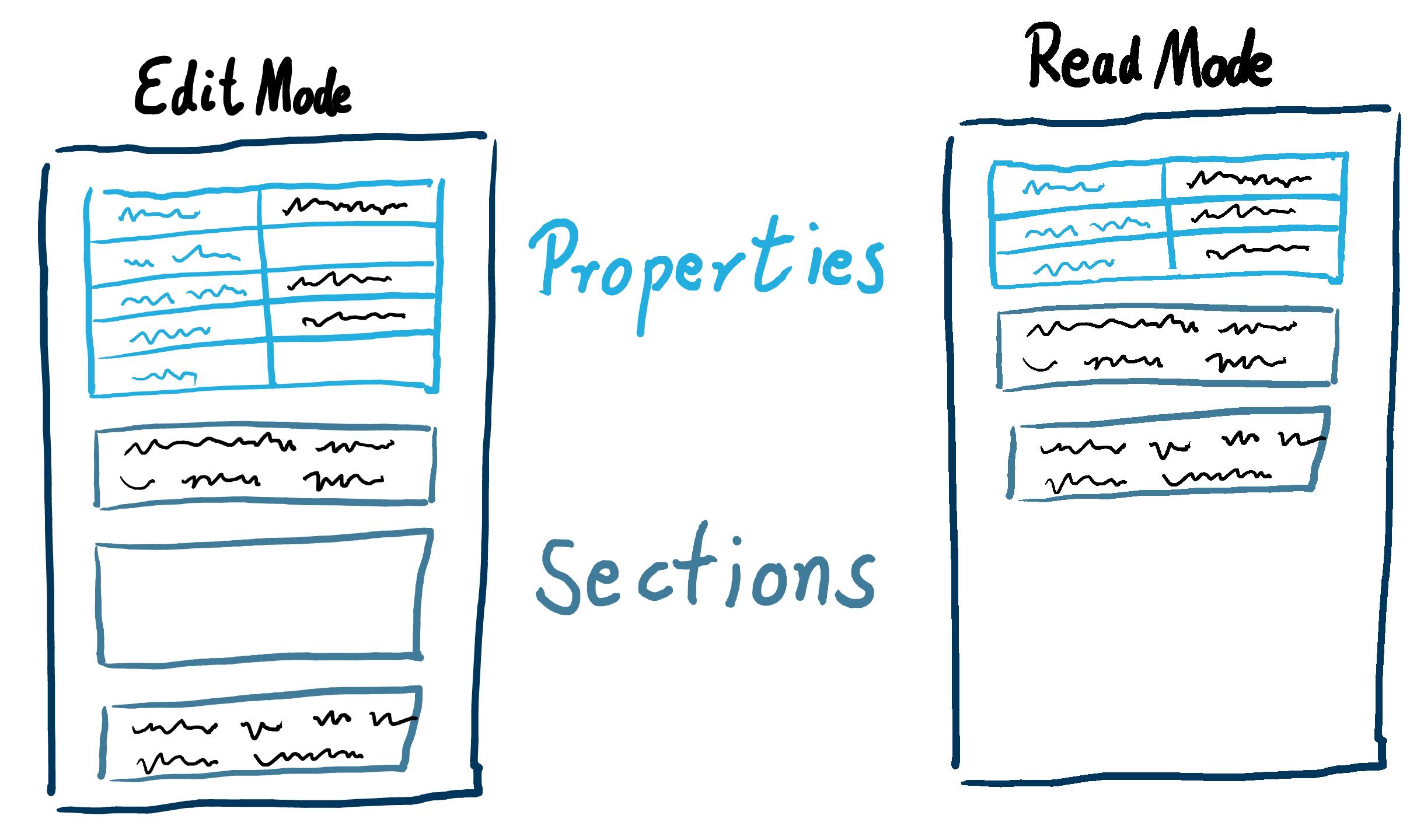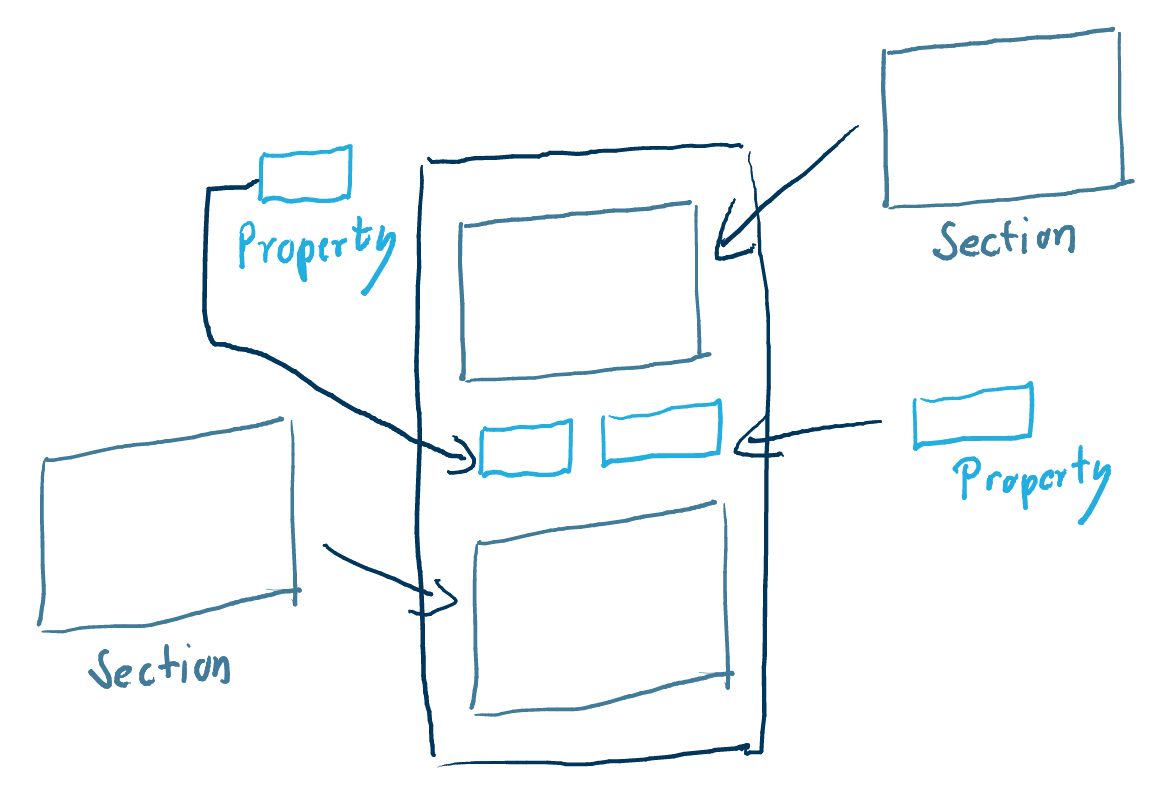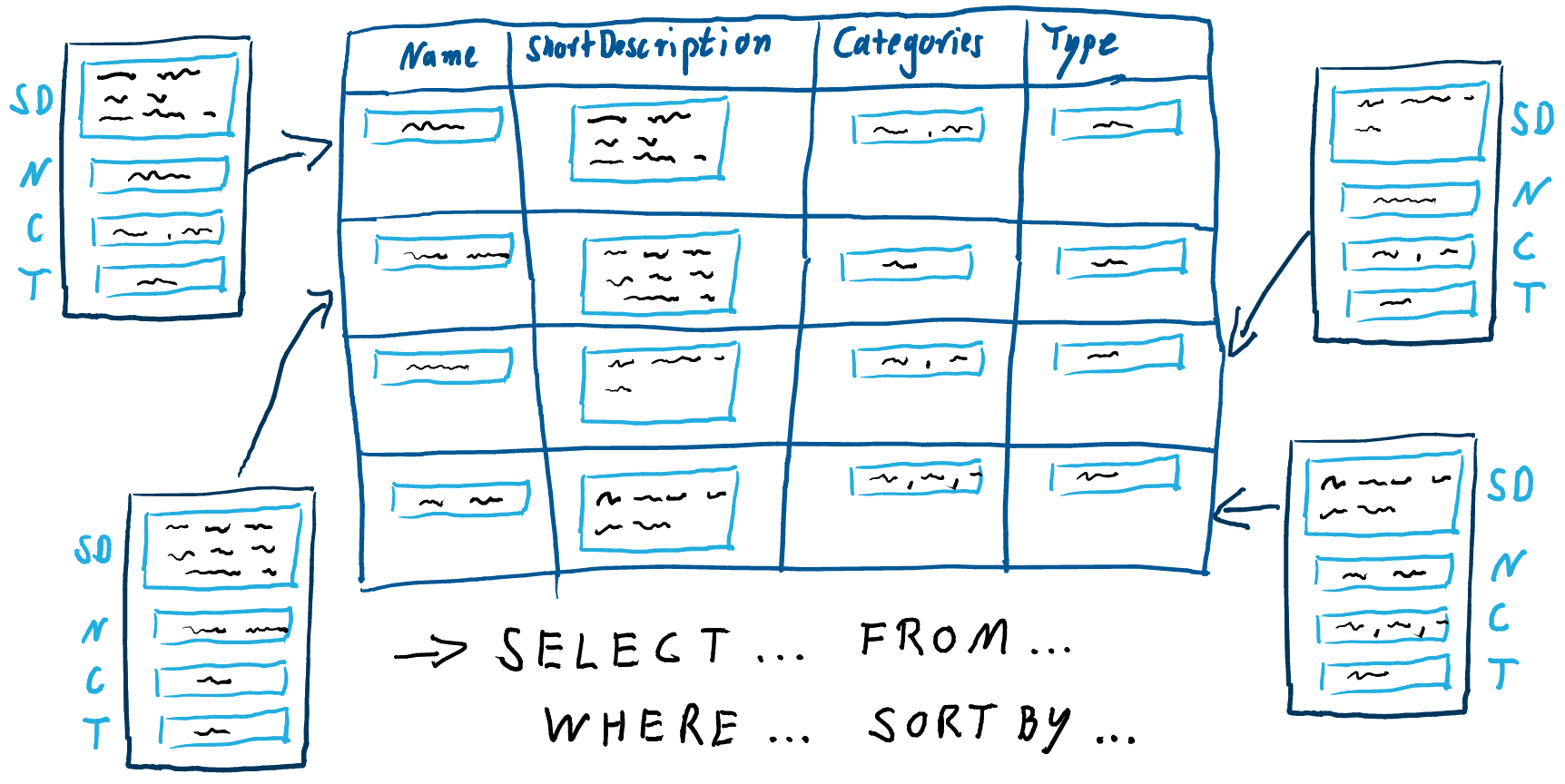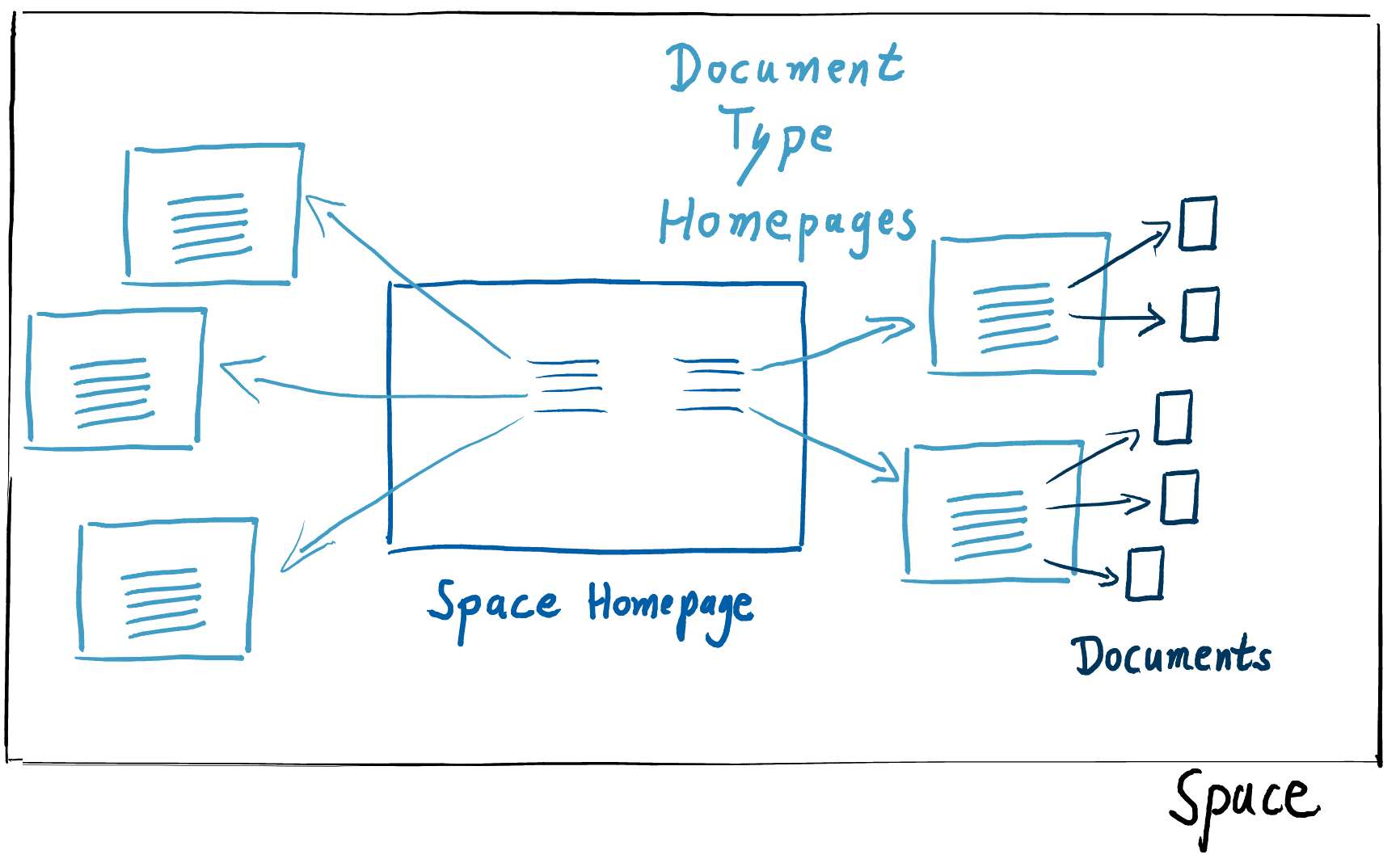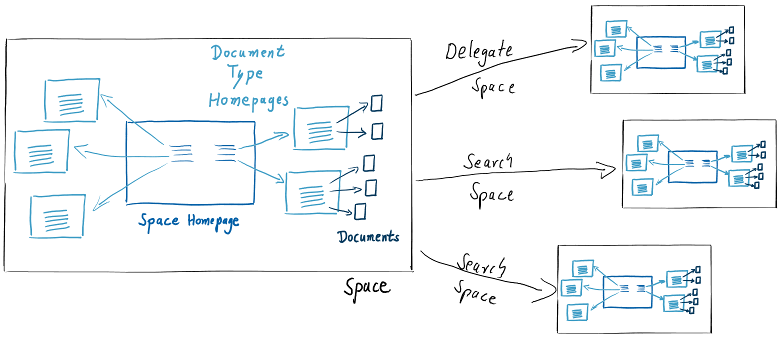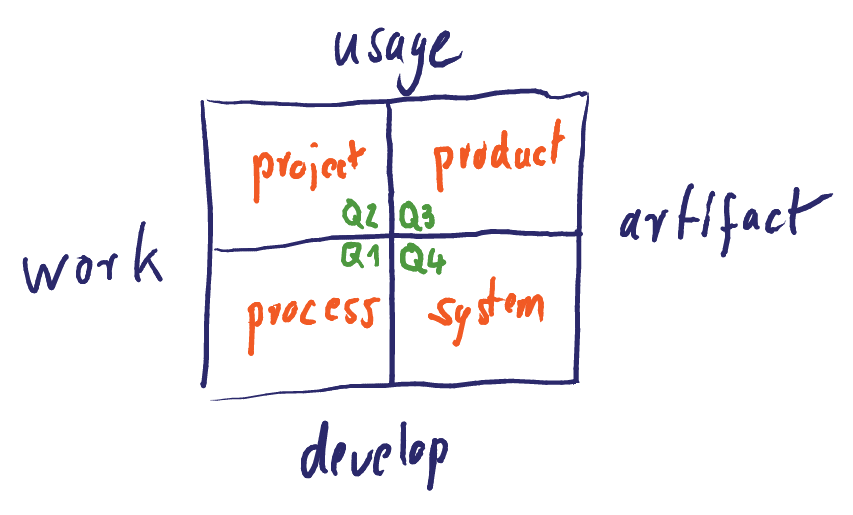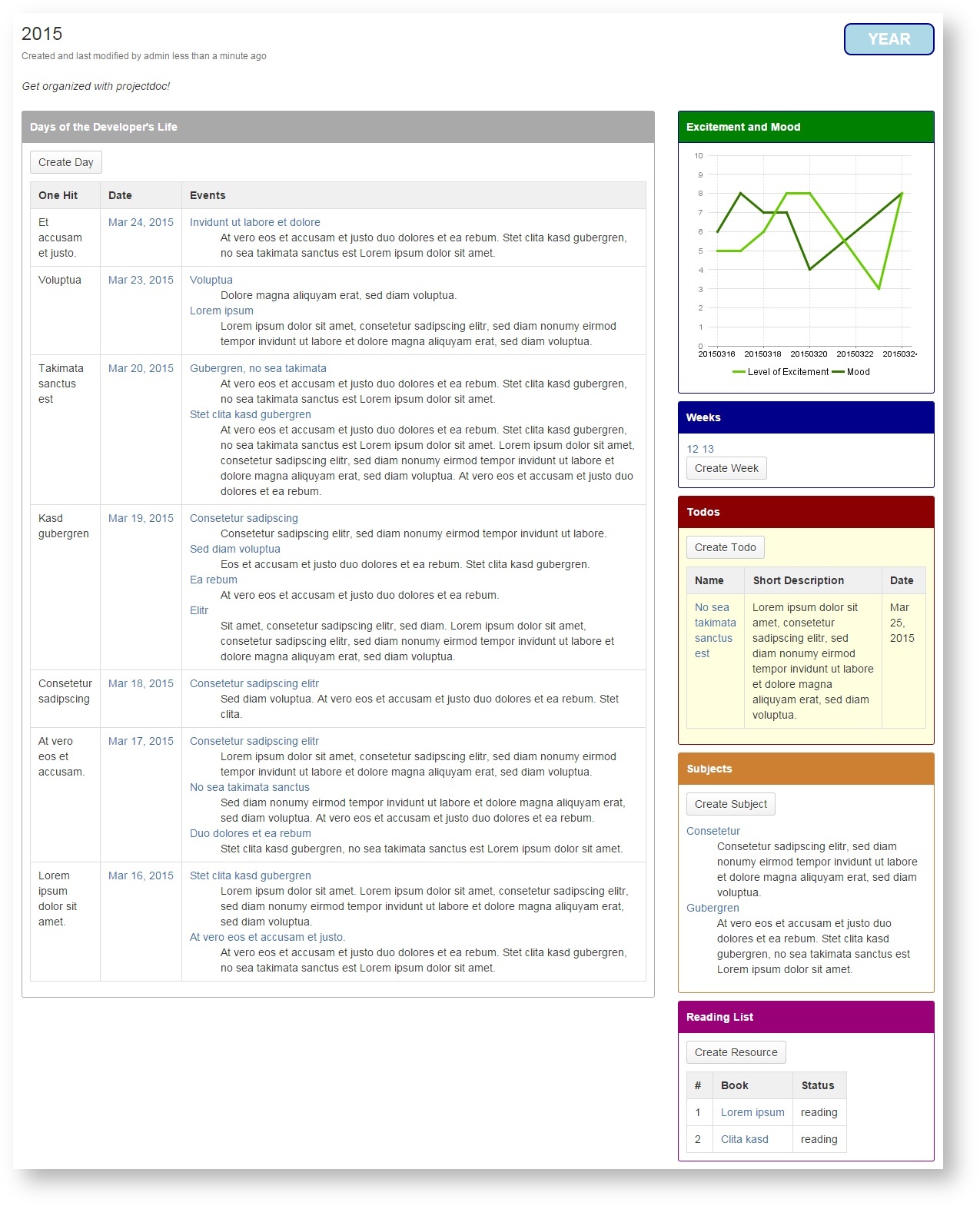- FAQs
- Questions and answers related to the projectdoc Toolbox and Confluence.
- Glossary
- Terms used in and defined for projectdoc.
- Library
- Information on technical communication.
- Relations
- Relations defined for the project.
- Roles
- Roles involved in establishing technical communication using projectdoc.
- Space Index Index
- List of all space indices.
- Topics
- Information on projectdoc
Enhance your Documentation Experience !
The projectdoc Toolbox supports agile teams in writing documentation collaboratively
If you have 2 minutes ...
If you have some more minutes ...
More Details? Browse the Manual!
projectdoc in Action
Get an impression on how to work with the projectdoc Toolbox for Confluence!
Please check the list of topics that may be relevant for your evaluation process!
Compare some native Confluence macros with macros of the projectdoc Toolbox!
If interested, please watch our videos on YouTube (external link to youtube.com).
Concepts
The main concepts of the projectdoc Toolbox
Agile Documentation
Agile documentation is about essential and valuable information that teams create just-in-time.
The projectdoc Toolbox supports agile teams creating and maintaining documentation. It provides templates and tools to improve the collaboration of team members.
With projectdoc your wiki is
Project Documentation
projectdoc supports all four quadrants of the documentation space. The projectdoc Toolbox provides macros, page and space templates to help you and your team in organizing documentation in multiple Confluence spaces (if needed to).
On agile projects you typically invest in the quadrants 3 and 4. But depending on your team and customer, documents from the two other quadrants may also help you stay productive.
Your Information in your Wiki
projectdoc is not only for project documentation. It is a tool to organize any information in your wiki.
While it supports modular documentation to enhance team collaboration, there are also use cases for individual knowledge workers.
One example is our add-on to create journals or diaries.
Employ projectdoc to create workspaces for collecting interesting information quick-and-dirty or for organizing your information carefully in topic spaces.
Macros and Templates
The projectdoc Toolbox for Confluence provides macros and templates to help you structuring your documentation. This keeps you concentrated on the content valuable for your users and the developing teams by removing distractions such as
- Where should I place my document?
- What information is expected from me for a document of type "(...)" ?
- How should I structure my document?
- Which meta information about my document is relevant? How to write it down?
- How will the target audience find my document?
The Tour for Document Authors provides in-depth information on working with the projectdoc Toolbox.
Custom Template Suite
While the projectdoc Toolbox for Confluence provides a basic set of templates to start with, it is easy for development teams to define their own template suite as a blueprint add-on. Use the free and open-source templates as a basis for your team intern templates!
The Tour for Template Authors gets you started with defining your own templates for the projectdoc Toolbox. Learn the basic concepts of the projectdoc Toolbox!
News on projectdoc
Blog Posts
-
projectdoc Toolbox 7.1.0
created by
28. Oct 2024
-
projectdoc Toolbox 6.2.14
created by
22. Oct 2024
-
projectdoc Toolbox 7.0.0
created by
18. Sep 2024
-
projectdoc Toolbox 6.2.13
created by
17. Sep 2024
-
projectdoc Toolbox 6.2.12
created by
13. Mar 2024
-
projectdoc Toolbox 6.2.11
created by
13. Feb 2024
-
projectdoc Toolbox 6.2.10
created by
07. Dec 2023
-
projectdoc Toolbox 6.2.9
created by
09. Oct 2023
-
projectdoc Toolbox 6.2.7
created by
06. Sep 2023
-
projectdoc Toolbox 6.2.5
created by
29. Aug 2023
-
Meet Anton at the Atlassian Code Campfire!
created by
27. Jul 2023
-
projectdoc Toolbox 6.2.4
created by
25. Jul 2023
-
projectdoc Toolbox 6.2.3
created by
12. Jun 2023
-
projectdoc Toolbox 6.2.2
created by
23. May 2023
-
projectdoc Toolbox 6.2.1
created by
19. Apr 2023
Questions?
You have questions, need to discuss documentation topics, or would like to suggest new features for projectdoc?
Quotes on Documentation
A word of warning...
Every document is a liability. Make sure that every document you write is worth its investment. Write sustainable documentation that document the why instead of the how. Do not head for perfection. Strive for automation and living documentation! This will make your documentation sustainable, fun and increase the return of invest.
Here are some quotes concerning documentation and writing that may be your guide:
Writing is hard work. A clear sentence is no accident. Very few sentences come out right the first time, or even the third time. Remember this as a consolation in moments of despair. If you find that writing is hard, it's because it is hard. It's one of the hardest things that people do.
William Zinsser. On Writing Well
Comprehensive documentation does not ensure project success, in fact, it increases your chance of failure.
Scott Ambler. Best Practices for Agile/Lean Documentation
Automation also reduces the need for documentation.
Mike Clark. Pragmatic Project Automation: How to Build, Deploy, and Monitor Java Applications
Design is an inherently messy process, and along the way many descriptions are discarded after serving their purpose.
Rebecca Wirfs-Brock, Alan McKean. Object Design: Roles, Responsibilities, and Collaborations. 2003
Outside your extreme programming project, you will probably need documentation: by all means, write it. Inside your project, there is so much verbal communication that you may need very little else. Trust yourselves to know the difference.
Ron Jeffries. Essential XP: Documentation
It’s probably fair to say that poor documentation kills more libraries and tools than any other issue.
Joe Ottinger. Hand pick the right software project for your situation
But making written documents that actually help the team produce good software is a challenge.
Eric Evans. Domain-Driven Design
Paper is better in remembering than your brain.
Gernot Starke
Successful programs not only offer clear documentation but they also recognize that developers don't have a lot of time (or inclination) to sit down and read it.
Daniel Jacobson, Greg Brail, Dan Woods. APIs: A Strategy Guide. 2011
Even a whiteboard diagram, or a CRC card, is documentation: the goal isn't to avoid documentation, but to document just the right things in just the right amount.
James O. Coplien. Lean Architecture: for Agile Software Development
If there is a business need for a document, the customer should request the document in the same way that she would request a feature: with a story card. The team will estimate the cost of the document, and the customer may schedule it in any iteration she wishes.
Ron Jeffries. Essential XP: Documentation
The difference between the right word and the almost right word is the difference between lightning and a lightning bug.
Mark Twain. The Wit and Wisdom of Mark Twain
Documenting repeatable processes for anything you will do more than once is essential to your sanity.
Rob Walling, Mike Taber. Start Small, Stay Small: A Developer's Guide to Launching a Startup
Automation will give you back something you don't have enough of: time.
Mike Clark. Pragmatic Project Automation: How to Build, Deploy, and Monitor Java Applications
The cleaner your design, the less documentation you require.
Scott W. Ambler, Pramod J. Sadalage. Refactoring Databases
Rather than a diagram annotated with text, I write a text document illustrated with selective and simplified diagrams.
Eric Evans. Domain-Driven Design
XP is designed to use face to face human communication in place of written documentation wherever possible. Effective conversation is faster and more effective than written documentation. When you bring people together, they need less paperwork.
Ron Jeffries. Essential XP: Documentation
MindTouch, for example, argues that documentation represents potential profit, rather than a cost, because it's not a finely crafted mess of marketing jargon — documentation is legitimately useful from a developer's perspective. As such, it can help you build and sustain communities!
Stephen O'Grady. The New Kingmakers
Intuitiveness does have limitations, however; that’s when developers need documentation. [...] Reading documentation is a last stop rather than a first stop for many.
Daniel Jacobson, Greg Brail, Dan Woods. APIs: A Strategy Guide. 2011



